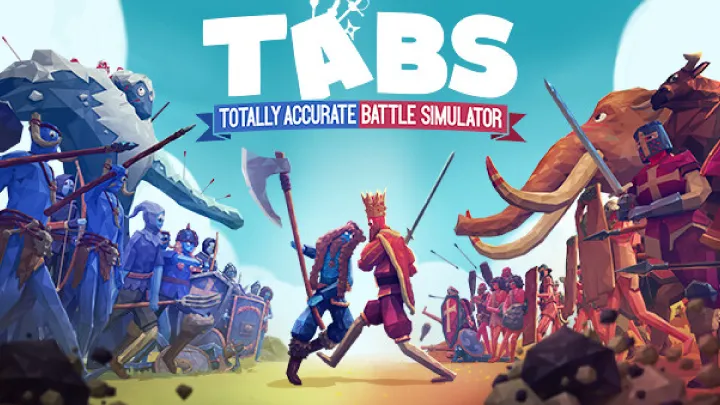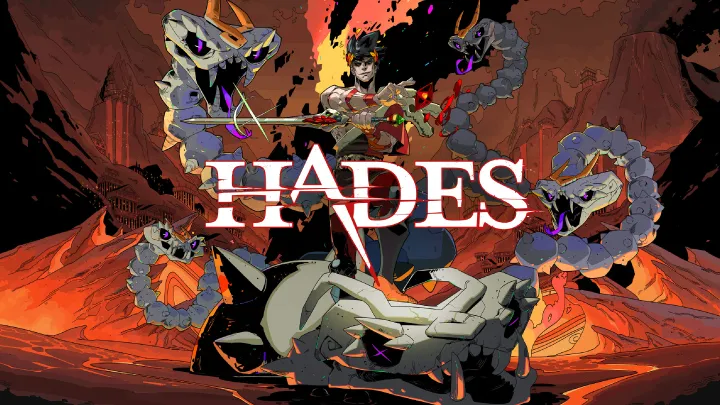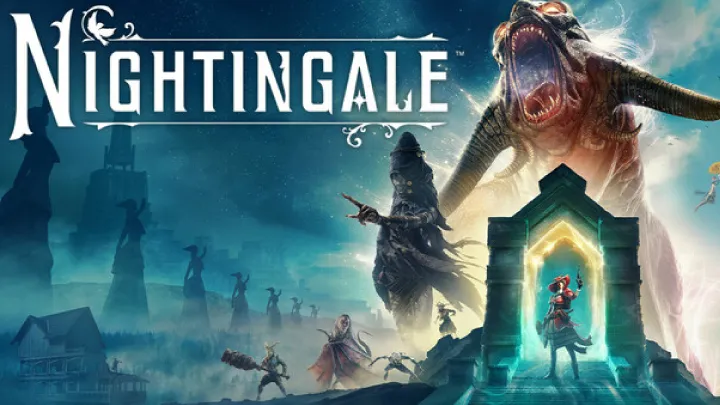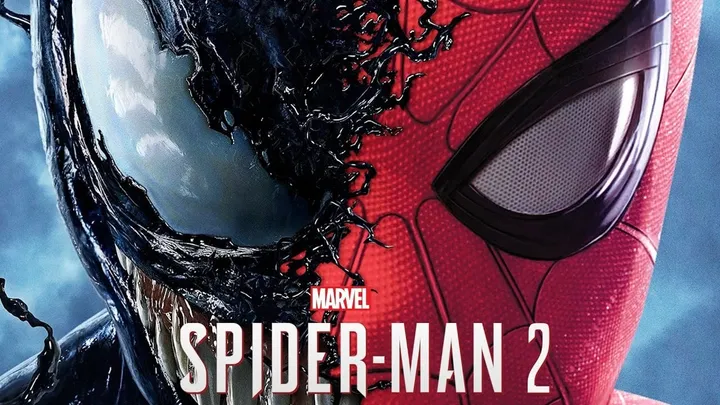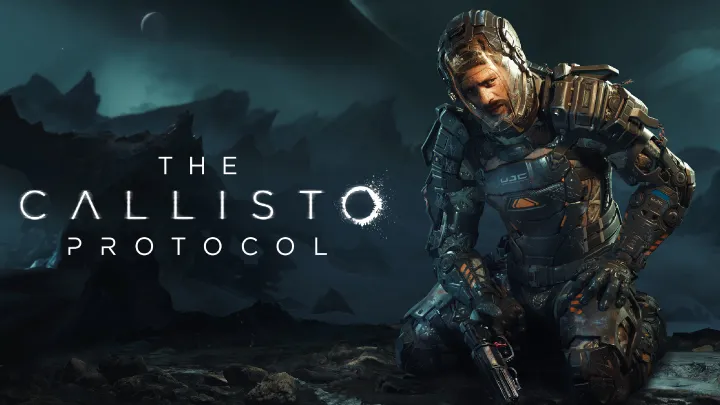Introduction
The Headliners, an interactive narrative game, puts players in the shoes of a journalist tasked with reporting the news in a politically volatile environment. On the surface, the game may look like a simple storytelling experiment, but underneath lies a sharp critique of media, power, and ethics. Players must constantly decide whether to report the truth, twist facts, or follow directives that serve larger agendas. This constant push and pull between truth and manipulation forms the heart of the experience and raises deep questions about the role of journalism in society.
The First Encounter with News as Power
From the beginning, The Headliners makes it clear that journalism is not neutral. Every decision the player makes—every word printed, every story emphasized—shapes the public’s perception. This first exposure to power is thrilling.
At first, many players see their role as an opportunity to make a difference. Reporting accurately feels noble, and shaping narratives seems empowering. But as the story progresses, it becomes clear that power carries responsibility, and responsibility comes with impossible choices.

Why Truth Feels Costly in The Headliners
Truth-telling in the game is rarely the easy path. Whenever the player chooses to report accurately, consequences follow. Politicians may withdraw support, editors may push back, and the public may react unpredictably.
Examples of costly truth:
- Exposing corruption leads to threats against your career.
- Reporting facts that contradict official propaganda triggers surveillance.
- Publishing uncomfortable realities can alienate both allies and readers.
The result is a chilling reflection of how truth in journalism often carries personal and professional risks.
Manipulation as a Tool of Survival
The other side of the coin is manipulation. The Headliners allows players to alter headlines, twist narratives, and downplay inconvenient truths. On a gameplay level, this often feels easier, as it avoids conflict and aligns with the desires of powerful institutions.
Yet this path also has consequences. The public may grow complacent or radicalized depending on how stories are spun. Over time, the player sees how small manipulations compound into larger societal shifts. What begins as a tool for survival becomes a weapon of control.
The Psychological Weight of Choice
The brilliance of The Headliners lies in its ability to make choices feel heavy. Unlike many games where moral decisions are abstract, here they feel painfully grounded.
Emotional reactions players report:
- Guilt over silencing important voices.
- Fear of losing security when telling the truth.
- Doubt about whether their decisions actually help or harm society.
This psychological weight keeps players reflecting long after they’ve put the controller down.
How Public Perception Evolves Over Time
The game tracks how the public reacts to headlines, and this evolving perception highlights the ripple effect of journalism. Early on, readers may trust your reporting blindly. But as patterns form, they grow suspicious, supportive, or even hostile depending on your track record.
This mechanic is central to showing how fragile trust can be. A single manipulated headline can undo weeks of honest reporting. Conversely, persistent truth-telling can slowly build credibility but may never win over everyone.
The Role of External Pressures
Players in The Headliners do not make choices in a vacuum. External pressures constantly push against ethical instincts. Editors may demand certain narratives, government officials may apply pressure, and financial realities loom large.
Key pressures players face:
- Editorial pressure: choosing between job security and honesty.
- Political influence: balancing independence with survival.
- Public demand: giving readers what they want versus what they need.
These pressures reveal how even well-meaning journalists are constrained by systems larger than themselves.
Parallels with Real-World Journalism
The Headliners resonates deeply because it mirrors real-world dilemmas. Many journalists face similar choices daily: whether to pursue difficult truths or yield to the incentives of profit and power.
Comparisons to real media landscapes—ranging from state propaganda to corporate bias—make the game’s scenarios feel unsettlingly familiar. It becomes clear that the line between fiction and reality is thin, blurring into commentary on today’s world.
Long-Term Consequences of Decisions
Unlike some games where choices have fleeting effects, The Headliners emphasizes long-term consequences. Early manipulations can set the stage for authoritarianism, while consistent truth-telling may lead to a more informed but divided public.
Players must live with these consequences, replaying the game to explore different outcomes. In doing so, they realize that no path is perfect—every choice sacrifices something. This reflects the sobering reality that journalism is less about ideal solutions and more about difficult trade-offs.

What The Headliners Teaches About Ethics
Ultimately, the game is less about winning and more about confronting ethical dilemmas. It forces players to ask: What matters more—truth or survival? Integrity or influence?
Lessons from the game:
- Truth-telling is costly but meaningful.
- Manipulation is seductive but destructive.
- Journalism thrives when responsibility outweighs convenience.
By framing journalism as both a tool and a weapon, The Headliners teaches players that ethics are not theoretical—they are lived, messy, and deeply human.
Conclusion
The Headliners is more than an interactive story—it is a mirror held up to society’s relationship with media. By focusing on the dilemma of truth versus manipulation, it forces players to confront questions many would rather ignore. Every choice is a reflection of values, and every headline carries weight far beyond the screen.
The brilliance of the game lies in its refusal to offer easy answers. Instead, it immerses players in the murky waters of journalism, where integrity and compromise collide. The result is an experience that is both haunting and enlightening, reminding us that the way we handle truth has consequences that ripple through the world.

